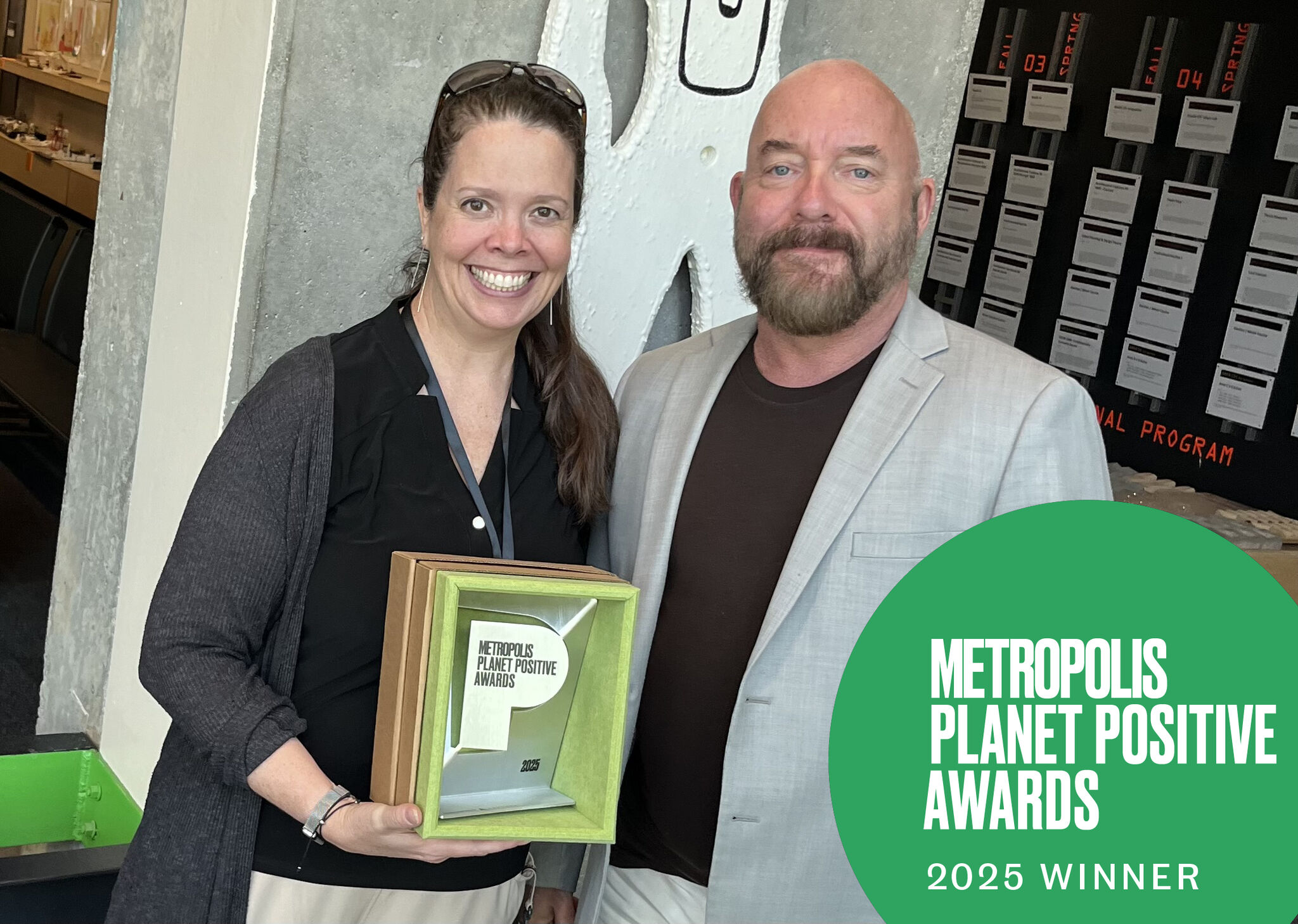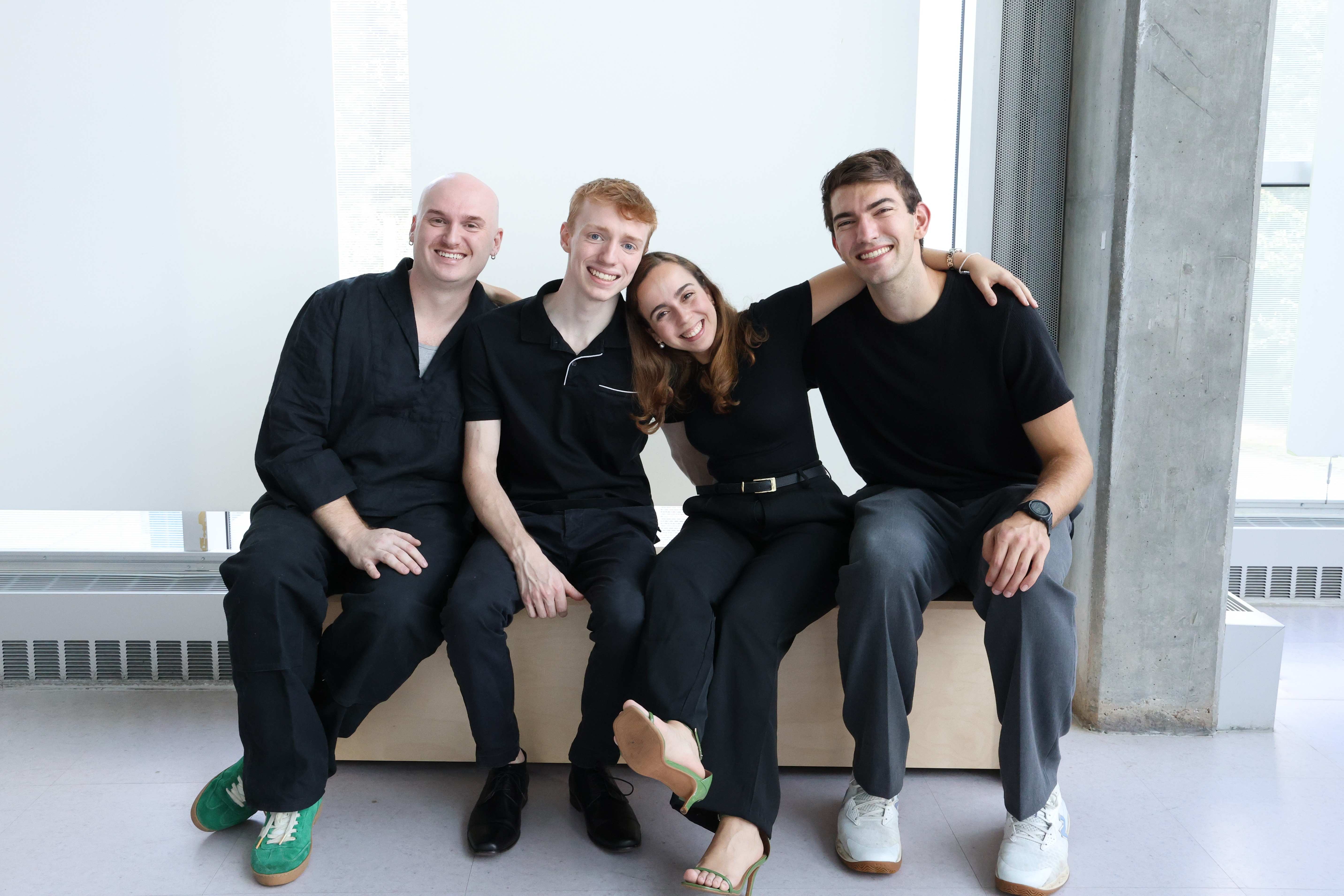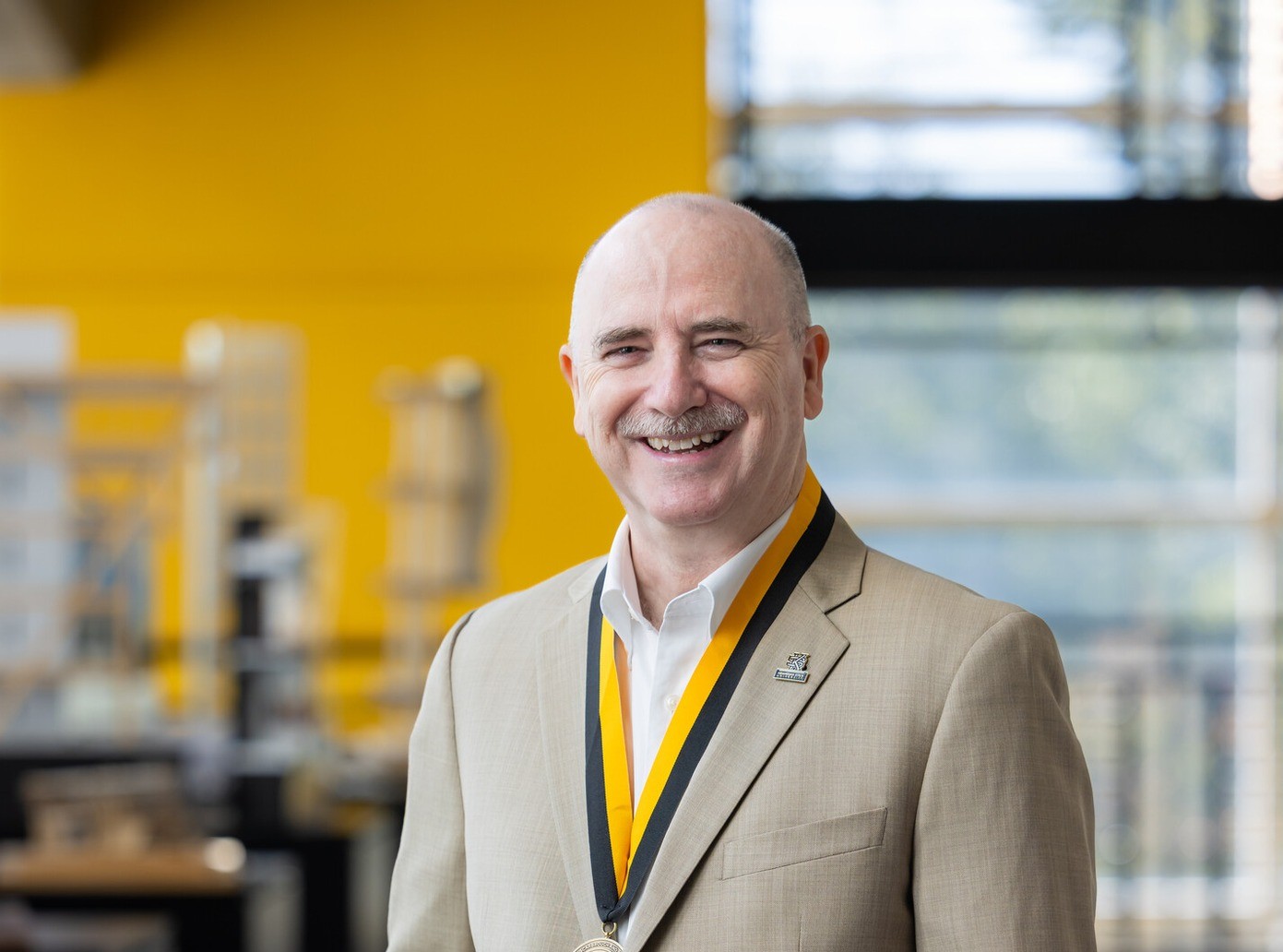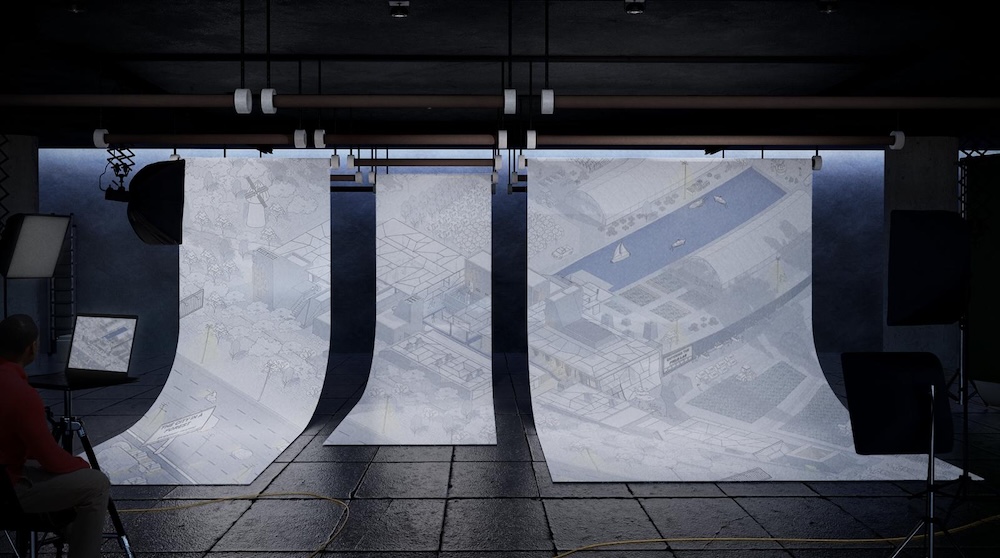

KENNESAW, Ga. | Apr 1, 2020

As charged by KSU President Whitten to promote high-quality undergraduate education as a core focus for the University R-2 roadmap, the architecture department is creating interdisciplinary, innovative, and experiential educational opportunities to support critical thinking and capture student interests. After an afternoon research symposium, undergraduate architecture thesis students attended a Making Meaning: Visualizing Architectural Research workshop offered by invited experts: Professor Román Montoto from the Milwaukee Institute of Art and Design (MIAD); Professor Joseph Choma from Clemson University; and, program Director Gernot Riether from New Jersey Institute of Architecture (NJIT). According to thesis coordinator, Liz Martin-Malikian, “it is our hope that exposing students to a hands-on workshop, where ‘making’ is integral to ‘meaning’ will not only generate critical inquiry but also serve as a skill building exercise. This is necessary because research-by-design, as it is often called, lacks clear definitions and sound methodologies.”
In a 3-hour, hands-on workshop entitled: SPECULATE, MAKE, DISCOVER – DEFRAGMENTING, Román Montoto discusses how collage and perspective drawing is a vehicle to communicate innovative spatial experiences. In a workshop entitled INTRODUCTION TO MATHEMATICAL FORM-MAKING, Joseph Choma explains how to sketch with mathematics. Lastly, in a workshop entitled, URBAN MACHINES: PUBLIC SPACES FOR A DIGITAL CULTURE, Gernot Riether brainstorms with students about how digital technology disrupted city life at the beginning of the 21st century by changing the way we communicate, we gain goods, and we receive information.
The ”Is Doing Architecture, Doing Research?” symposium and Making Meaning: Visualizing Architectural Research Workshops were organized by Ameen Farooq, Ph.D.; M. Saleh Uddin, Ph.D.; Jeffery Collins, Ph.D.; and Liz Martin-Malikian (thesis chair).
For more information, please visit:

Assistant professor wins Metropolis Magazine Planet Positive Award for sustainability

Kennesaw State architecture students earn recognition in international design competition

Kennesaw State's Brian Moore installed as Brent Scarbrough and Company Endowed Chair in Construction Management

Kennesaw State graduates earn international recognition for award-winning architectural drawing